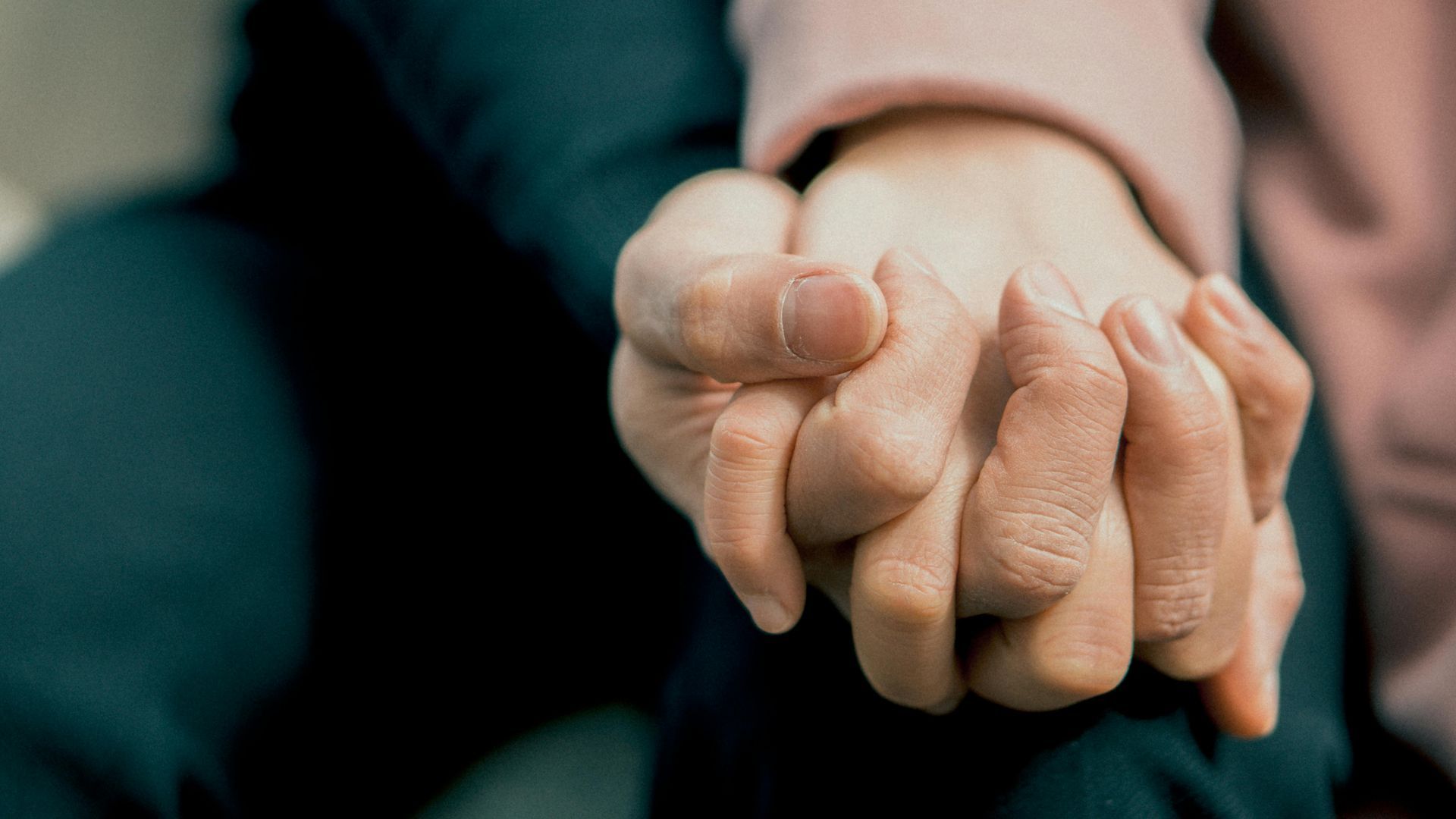Dealing With Headaches Following a Traumatic Brain Injury
Headaches are a common symptom after a traumatic brain injury (TBI). The type, frequency, and severity of headaches can vary depending on the individual and the extent of the injury.
If you are experiencing headaches after a TBI, it is important to consult with your healthcare provider. They may recommend a combination of treatments, including:
Medications: Over-the-counter pain relievers, such as ibuprofen or acetaminophen, can help to alleviate headaches. If the headaches are severe or chronic, your healthcare provider may prescribe stronger medications.
Physical therapy: Physical therapy can help to improve circulation, reduce muscle tension, and promote healing. Your therapist may also teach you exercises to help prevent headaches.
Relaxation techniques: Stress and tension can exacerbate headaches. Relaxation techniques, such as yoga, meditation, or deep breathing, can help to reduce stress and tension.
Cognitive-behavioral therapy (CBT): CBT can help to change negative thought patterns that can contribute to headaches.
Lifestyle changes: Making changes to your diet, exercise routine, and sleep habits can help to prevent and alleviate headaches.
It is important to note that TBI can cause different types of headaches and migraines, so it is crucial to keep a headache diary and consult with the medical professional for proper diagnosis, and a personalized treatment plan.
It’s also important to keep in mind that healing from a TBI can take time, and you may need to be patient and persistent with your treatment plan. It may take several months or even years to fully recover.
Headaches after a traumatic brain injury (TBI) can be a major problem for several reasons:
Chronic headaches can significantly impact quality of life: TBI-related headaches can be severe and chronic, and can greatly affect a person’s ability to function in daily life. The pain and discomfort can make it difficult to focus on tasks, interact with others, and
enjoy activities.
TBI-related headaches can be difficult to treat: Headaches caused by TBI can be caused by a variety of factors, such as inflammation, changes in blood flow, or injury to the nerves. As a result, they can be difficult to treat and may not respond well to traditional headache treatments.
TBI-related headaches can be an indication of further injury: Headaches can be a symptom of a more serious underlying injury, such as a brain hemorrhage or a skull fracture. Persistent headaches should be evaluated by a healthcare professional to rule out any underlying injury.
TBI-related headaches can be a sign of a chronic condition: TBI can cause different types of headaches, including migraines and chronic daily headaches. These types of headaches can be chronic and recurrent, which can have a significant impact on a person’s quality of life.
Headaches can be a symptom of a psychological condition: Headaches can also be a symptom of a psychological condition such as depression, anxiety, and post-traumatic stress disorder (PTSD) which can also develop after a TBI.
Overall, headaches after a TBI can be a major problem because they can be severe, chronic, and difficult to treat, and can greatly affect a person’s quality of life. It’s important for individuals who have experienced a TBI and are experiencing headaches to seek medical attention and work with a healthcare professional to develop an effective treatment plan.






All Rights Reserved | Flourish Supportive Living | By Digital Marketing Dude Website Development Westminster CO







